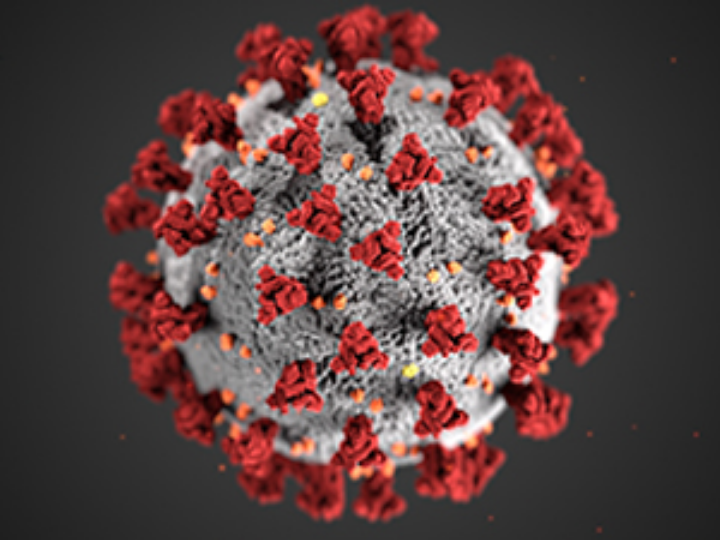
Two out of three people living in the greater Houston area report feeling anxious since the coronavirus began to spread last spring. More than 10% said a friend or family member had died of COVID-19, while almost 30% said they had contracted the virus themselves or personally know someone who had.
A report released Monday by the Hobby School of Public Affairs at the University of Houston offers a sweeping picture of how the pandemic has upended life for residents across the metro area, affecting their physical, mental and economic health.
More than 20% of respondents said they have lost a job due to the virus, and another 18% said they have been furloughed or their hours have been cut. More than four out of five people told researchers they are worried about the post-pandemic economy.
Most are unimpressed with how state and federal political leaders are handling the pandemic.
Researchers drew from a survey conducted by the Hobby School earlier this spring and summer, along with an analysis of the U.S. Household Pulse survey conducted in late summer by the U.S. Census Bureau.
Pablo M. Pinto, director of the Center for Public Policy at the Hobby School, said researchers expected to find that people were worried about their health, their children's schooling and their finances.
"But we also found that these negative effects – many of them due to policies designed to slow the spread of the virus – were distributed across gender and racial and ethnic groups," he said. "Few people have escaped suffering from at least some of the painful aspects of the pandemic."
That suggests relief programs should also be aimed at a broad cross section of Americans, Pinto said.
Among other findings:
- 6% said they or someone they know has been infected with the virus. Of those, 15% said they themselves had been infected.
- Women have been disproportionately affected by the impact on mental health. More than 33% of women and about 25% of men report worrying nearly every day or more than half of days. About 11% said they feel uninterested in things around them nearly every day.
- Almost half report spending more than eight hours per week helping children with online schooling, while 4% of Black and Asian/Pacific Islanders respondents said they spent more than 40 hours a week on the task.
The full report is available on the Hobby School website.
Sunny M.C. Wong, an economist and professor at the Hobby School, said the responses confirm the pandemic's widespread impact.
"Job loss, furloughs and salary reductions cut across all layers of society, although workers who are Black or African American and Hispanic or Latino felt the greatest impact," Wong said. While 20.6% of people overall reported losing a job, that rose to 24% for Hispanic/Latino residents and 26% for Black/African American residents.
In addition to Pinto and Wong, principal investigators for the project include Sen. Kirk P. Watson, founding dean of the Hobby School, Gail Buttorff, co-director of the Survey Research Institute at the Hobby School, and postdoctoral fellow Yewande Olapade.






